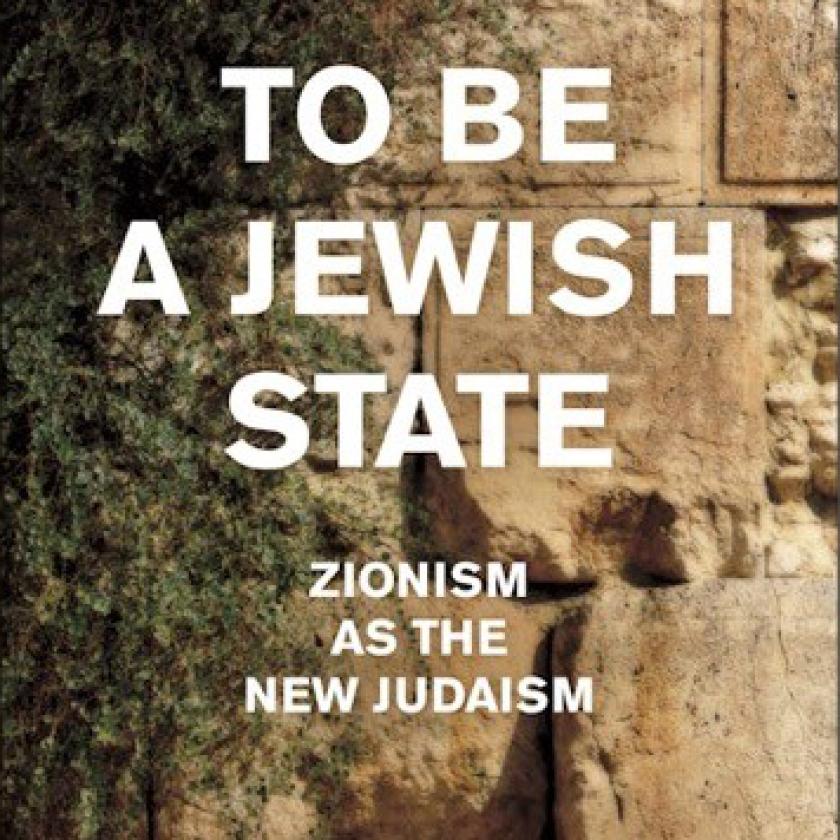Yaacov Yadgar
PhD Political Studies Bar-Ilan University, 2000
Research
Professor Yadgar’s recent research interests deal with the theopolitics of the sovereign nation-sate and the ways in which it interacts with the histories, traditions, and identities of the people for whom nation-statism claims to speak. His empirical work has largely focused on Israeli nation-statehood and Zionist ideology.
Professor Yadgar’s three most recent books, To Be a Jewish State: Zionism and the New Judaism (NYU Press, 2024), Israel’s Jewish Identity Crisis: State and Politics in the Middle East (Cambridge University Press, 2020) and Sovereign Jews: Israel, Zionism, and Judaism (SUNY Press, 2017), revolve around a basic question of the Israel polity: What is the meaning of Jewish sovereignty in Israel? This fundamental question, which ultimately revolves around Zionism’s charged relation with its own Jewish roots and Israel’s subsequent unresolved claim to a non-religious Jewish identity stands at the core of Israeli socio-politics and shapes the politics of the Middle-East at large.
To Be a Jewish State: Zionism as the New Judaism interrogates the tension between the notion of Israel as a Jewish state—one whose very character is informed by Judaism—and the notion of Israel as a “state of the Jews,” with the sole criterion the maintenance of a demographically Jewish majority, whatever the character of that majority’s Jewishness might or might not be. The volume also examines Zionism’s relationship to Judaism. It provocatively questions whether the Christian notion of supersessionism, the idea that the Christian Church has superseded the nation of Israel in God’s eyes and that Christians are now the true People of God, may now be applied to Zionism, with Zionism understood by some to have taken over the place of traditional Judaism, rendering the actual Jewish religion superfluous.
In Israel’s Jewish Identity Crisis, Yadgar studies the implication of Zionism’s and Israel’s charged attempts to understand their claim to Jewish identity. Yadgar argues that both Zionist ideology and Israel’s policies have largely failed to construct, as allegedly was their want, a viable national identity that is independent of what they themselves viewed as “Jewish religion.” Instead, the State’s definition of Jewish politics tends to revolve primarily around a “biological,” quasi-racial logic of majority and minority. This logic in effect conditions the viability of “Jewish politics” on the existence of a majority of Jews, whose (Jewish) identity is defined and understood primarily as a matter of their “natural” origin. The book offers a novel analysis of the interplay between Israeli nationalism and Jewish tradition, arriving at a fresh understanding of the Israeli-Palestinian conflict through its focus on internal questions about Israeli identity.
In Sovereign Jews, Yadgar argues that a central key to understanding the alleged convoluted relationship between “religion and politics” in Israel is the State of Israel’s interest in maintaining its sovereignty as the nation-state of Jews. This creates a need to mark a majority of its population as Jews and to distinguish them from non-Jews. This leads the sovereign, supposedly secular state, to apply a narrow and problematic interpretation of Jewish “religion” as a central political tool for maintaining a Jewish majority and its sovereignty. The book argues that the Israeli nation-state’s unresolved relationship with its own claim to a non-religious Jewish identity is a key to comprehending not only the intricacies of intra-Jewish socio-politics, but also Israel’s positions and actions in international affairs.
Professor Yadgar’s earlier books, Secularism and Religion in Jewish Israeli Politics: Traditionists and Modernity (Routledge, 2011; a revised and updated version of a Hebrew book titled Masortim in Israel: Modernity without Secularization (Hartman Institute and Bar-Ilan University Press, 2010)) and Beyond Secularism: Traditionism and the Critique of Israeli Secularism (Van-Leer, 2012), as well as various additional articles, revisit issues of secularisation, tradition, modernity, ethnicity, and nationalism in a Jewish-Israeli context. These studies do so through an investigation and reformulation of what he terms “a traditionist stance” (a neologism offered as a translation of the Hebrew masortiyut), that should be distinguished from both secularity and conservative orthodoxy. In the Israeli context, the traditionist stance nourishes on Mizrahi and Sephardic constructions of modernity that, critically, are not seen by its practicing agents as essentially conflicted with tradition. Yadgar argues that a traditionist stance offers an epistemology that transcends the binary and dichotomous conceptions put forward by the discourse of secularisation and modernisation. A traditionist epistemology provides a unique perspective on issues of religion, tradition, secularism and modernity in Israel and beyond.
Professor Yadgar’s previous research focused on issues of identity, nationalism, culture and media, viewed mostly from the Jewish-Israeli case study. His book, Our Story: National Narratives in the Hebrew Press (Haifa University Press, 2004, in Hebrew) offered an interpretive study of the development of Jewish Israeli national identity, as reflected in the Hebrew press’ narration and construction of political reality. His other publications offer analyses of Israeli identity and cultural structures, through the examinations of predominant symbols, major political issues, and critical events in Israeli history.
Professional Responsibilities
- Stanley Lewis Professor of Israel Studies
- OSGA Director of Research
- Director of OSGA's Middle East Studies unit.
Previous Posts
Before joining Oxford in 2017, Yaacov Yadgar taught at the Bar-Ilan University.






